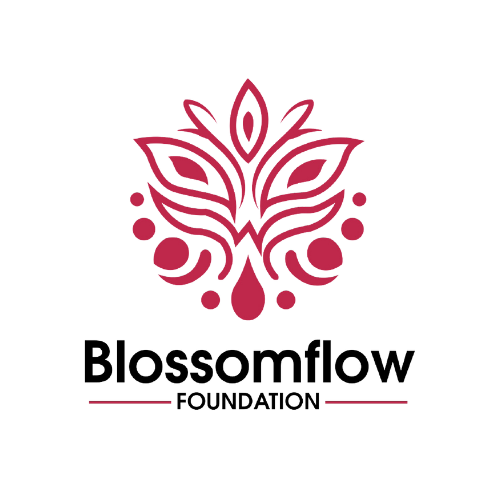
10 Reasons You Might Have PCOS
Polycystic Ovary Syndrome is a common hormonal disorder affecting many women of reproductive age. Recognizing the causes and symptoms can lead to early diagnosis and effective management. Here are ten reasons you might have PCOS, brought to you by the Blossomflow Foundation.
What is PCOS?
Polycystic Ovary Syndrome, is a hormonal disorder characterized by enlarged ovaries containing small cysts along the outer edges. This condition affects hormone levels, menstrual cycles, and overall health.
Recognizing the symptoms is crucial for early intervention and management.
- Irregular Menstrual Cycles
One of the hallmark signs is irregular periods. Women with this condition often experience fewer than eight periods a year, or their cycles might be unusually long. Read more about menstrual irregularities. - Excess Androgen
Elevated levels of “male” hormones can result in physical signs such as excess facial and body hair, severe acne, and male-pattern baldness. Find out more about androgen levels. - Polycystic Ovaries
Enlarged ovaries with numerous small cysts are a key feature. These cysts produce hormones that can disrupt your menstrual cycle. Understand polycystic ovaries.
Common Causes of PCOS
Understanding the causes, can aid in its management.
- Genetic Factors
Polycystic Ovary Syndrome often runs in families. If your mother or sister has it, your risk of developing it is higher. - Insulin Resistance
Many women with this condition have insulin resistance, meaning their bodies cannot use insulin effectively. This condition can lead to weight gain and increase the risk of type 2 diabetes. Learn about insulin resistance. - Inflammation
Low-grade inflammation can stimulate polycystic ovaries to produce androgens, contributing to Polycystic Ovary Syndrome. - Lifestyle Factors
Your lifestyle choices significantly impact the likelihood of developing Polycystic Ovary Syndrome. - Diet
A diet high in processed foods and sugars can increase insulin resistance and exacerbate Polycystic Ovary Syndrome symptoms. - Sedentary Lifestyle
Lack of physical activity can contribute to obesity, insulin resistance, and Polycystic Ovary Syndrome. - Hormonal Imbalance
Hormonal imbalances are at the core of Polycystic Ovary Syndrome. - Elevated LH Levels
Women with this condition often have elevated levels of luteinizing hormone (LH), which stimulates the ovaries to produce more androgens. - Low Progesterone
Low levels of progesterone can lead to irregular menstrual cycles and fertility issues. Read more about progesterone levels.
Other Contributing Factors
Various other factors can also contribute to the development of Polycystic Ovary Syndrome.
- Stress
Chronic stress can disrupt your hormone balance and exacerbate symptoms. - Environmental Toxins
Exposure to certain environmental toxins can interfere with your endocrine system and contribute to Polycystic Ovary Syndrome. Learn about environmental factors.
Conclusion
Understanding the underlying causes of is crucial for effective management and treatment. If you suspect you have it, consult with a healthcare professional for proper diagnosis and personalized care. Blossomflow Foundation is committed to supporting women with Polycystic Ovary Syndrome through education, resources, and community support.
By recognizing the symptoms and contributing factors , you can take proactive steps toward managing the condition and improving your quality of life. Embrace a healthier lifestyle, seek medical advice, and join a supportive community like Blossomflow Foundation to navigate your journey effectively.
Polycystic Ovary Syndrome, a hormonal disorder, can be managed with the right knowledge and support. Increasing awareness about Polycystic Ovary Syndrome symptoms such as menstrual irregularities, hormonal imbalance, and insulin resistance, and understanding their causes, can empower women to take control of their health. The Blossomflow Foundation remains dedicated to providing the necessary tools and support for women dealing with Polycystic Ovary Syndrome, ensuring they lead healthier and more fulfilling lives.
Blossomflow Foundation is here to support you on your journey with Polycystic Ovary Syndrome. For more information and resources, visit our website.
Support our mission to help women with Polycystic Ovary Syndrome by making a donation today. Your contribution can make a difference!
All Categories
Recent Posts
Why SDG 4 Cannot Be Achieved Without Ending Period Poverty
Tags
Give them a helping hand
Every donation fuels our mission to combat period poverty. Your generosity brings us closer to menstrual equity.
+234-909-482-1642
inquiries@blossomflow.org




